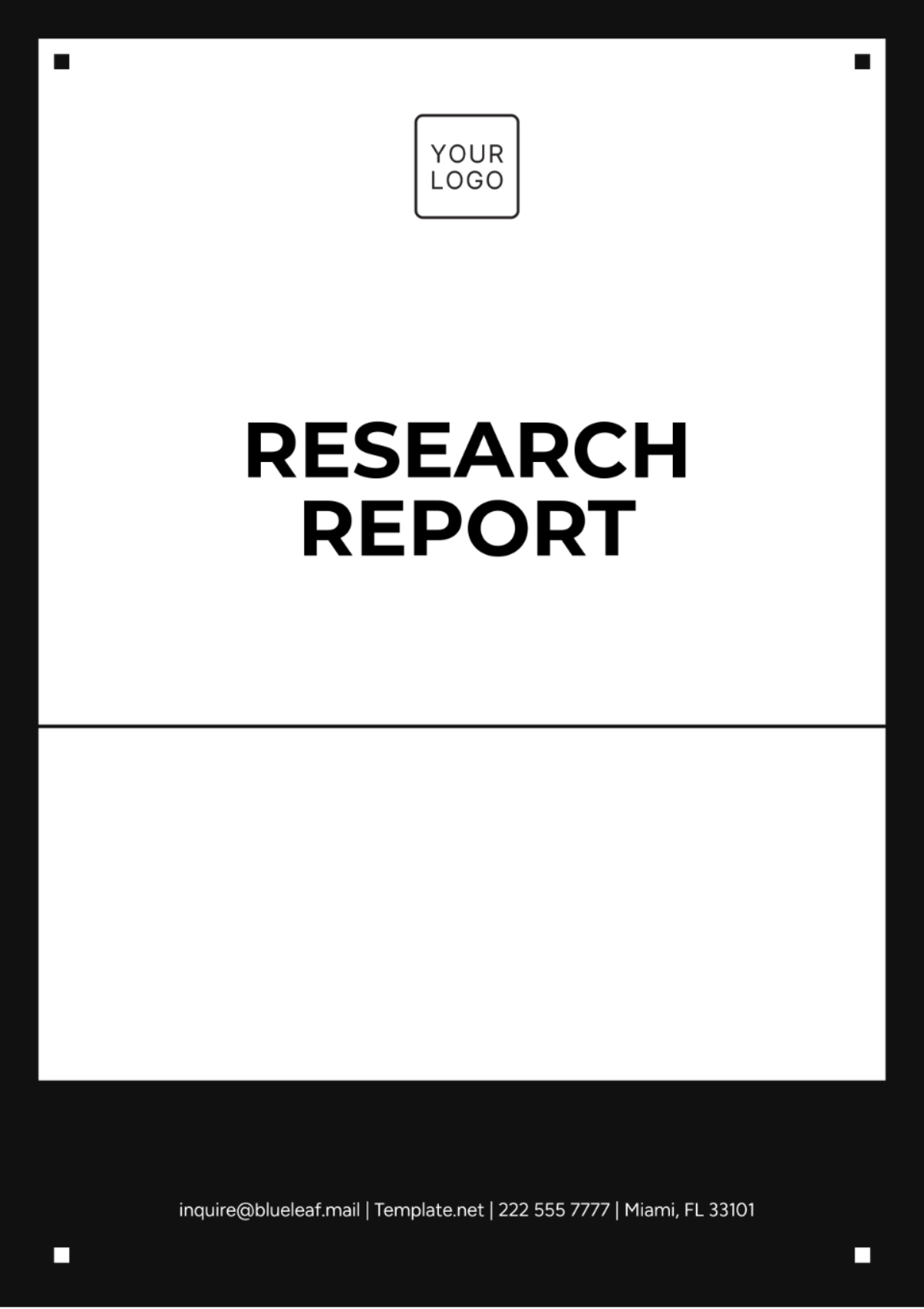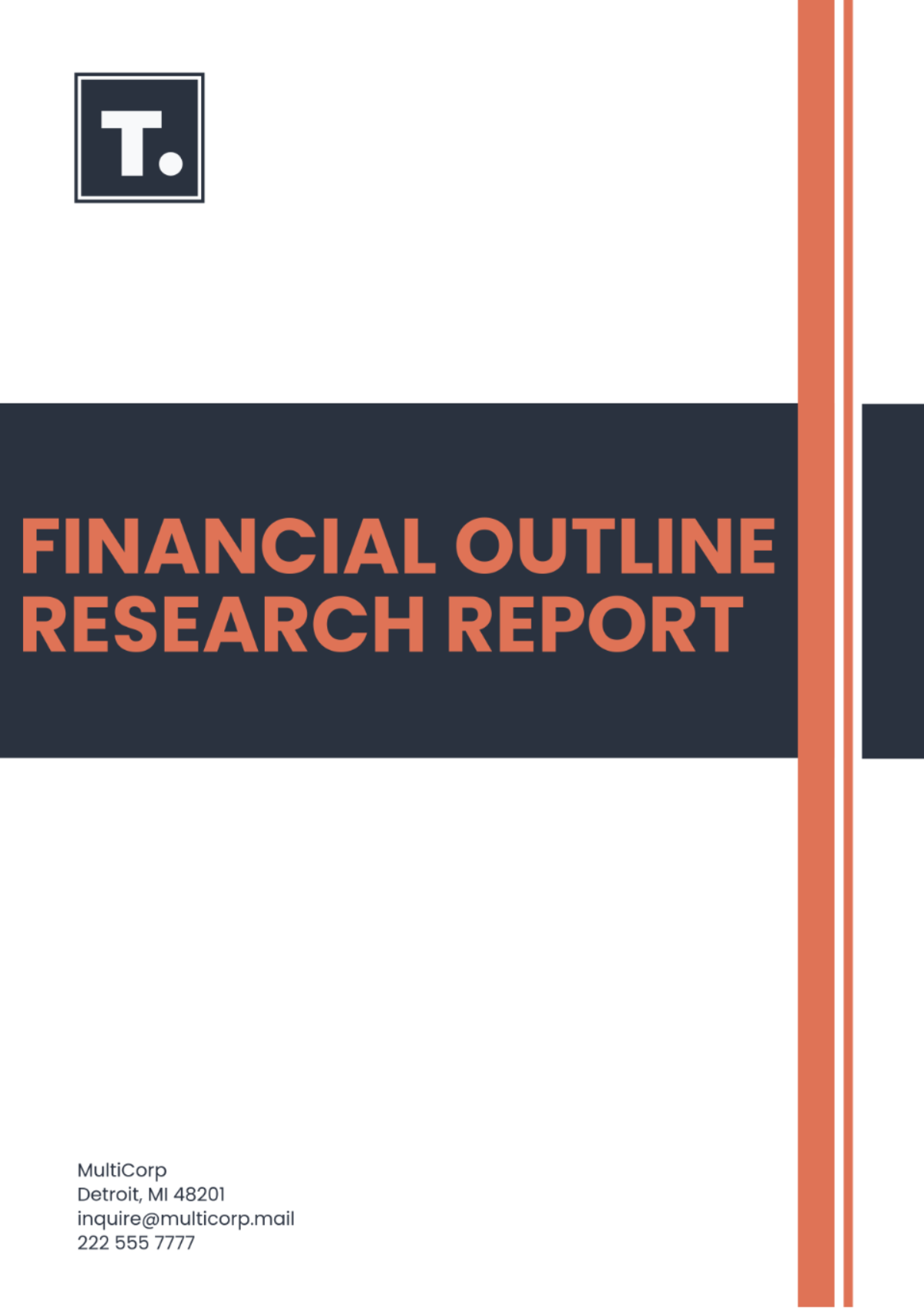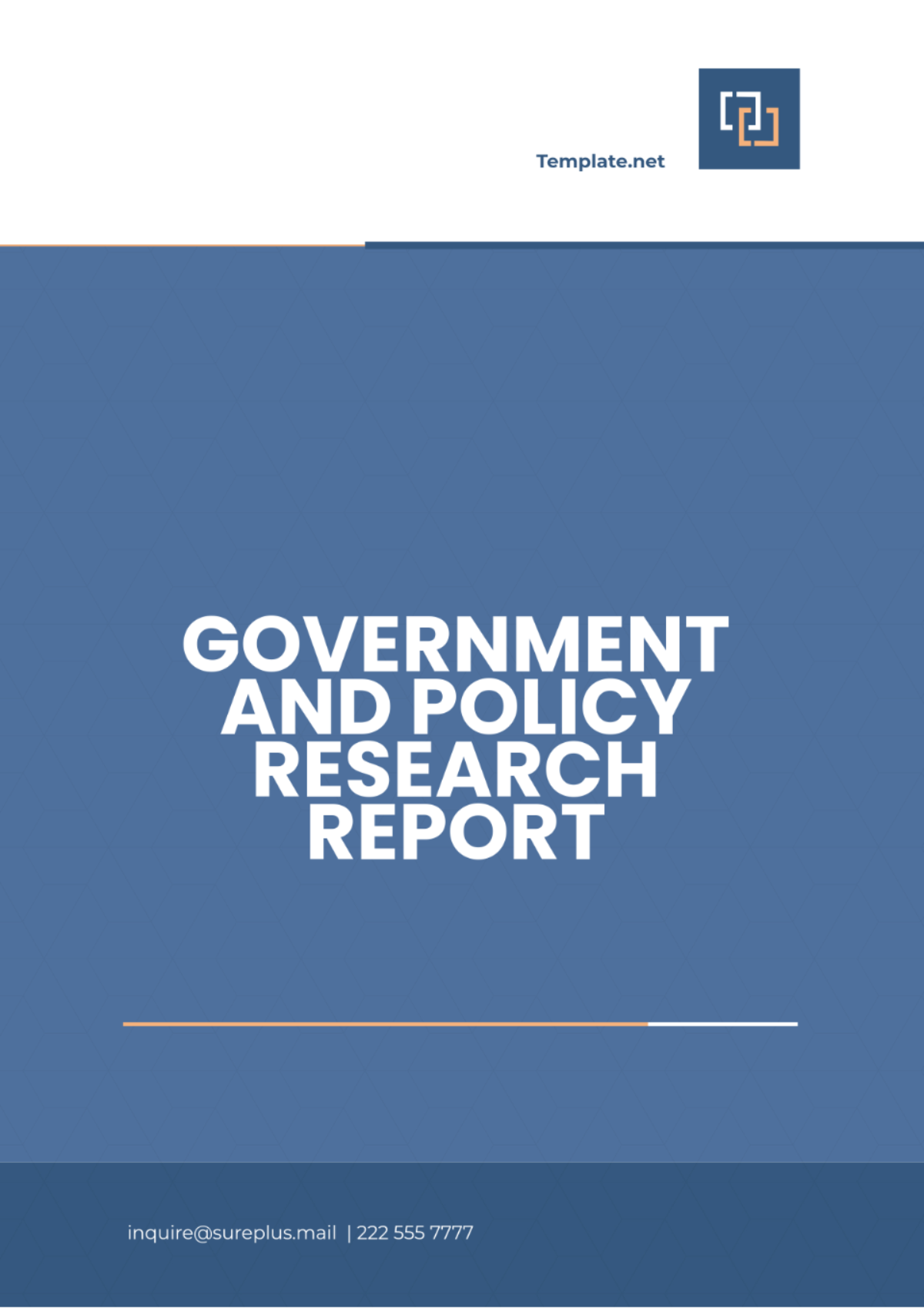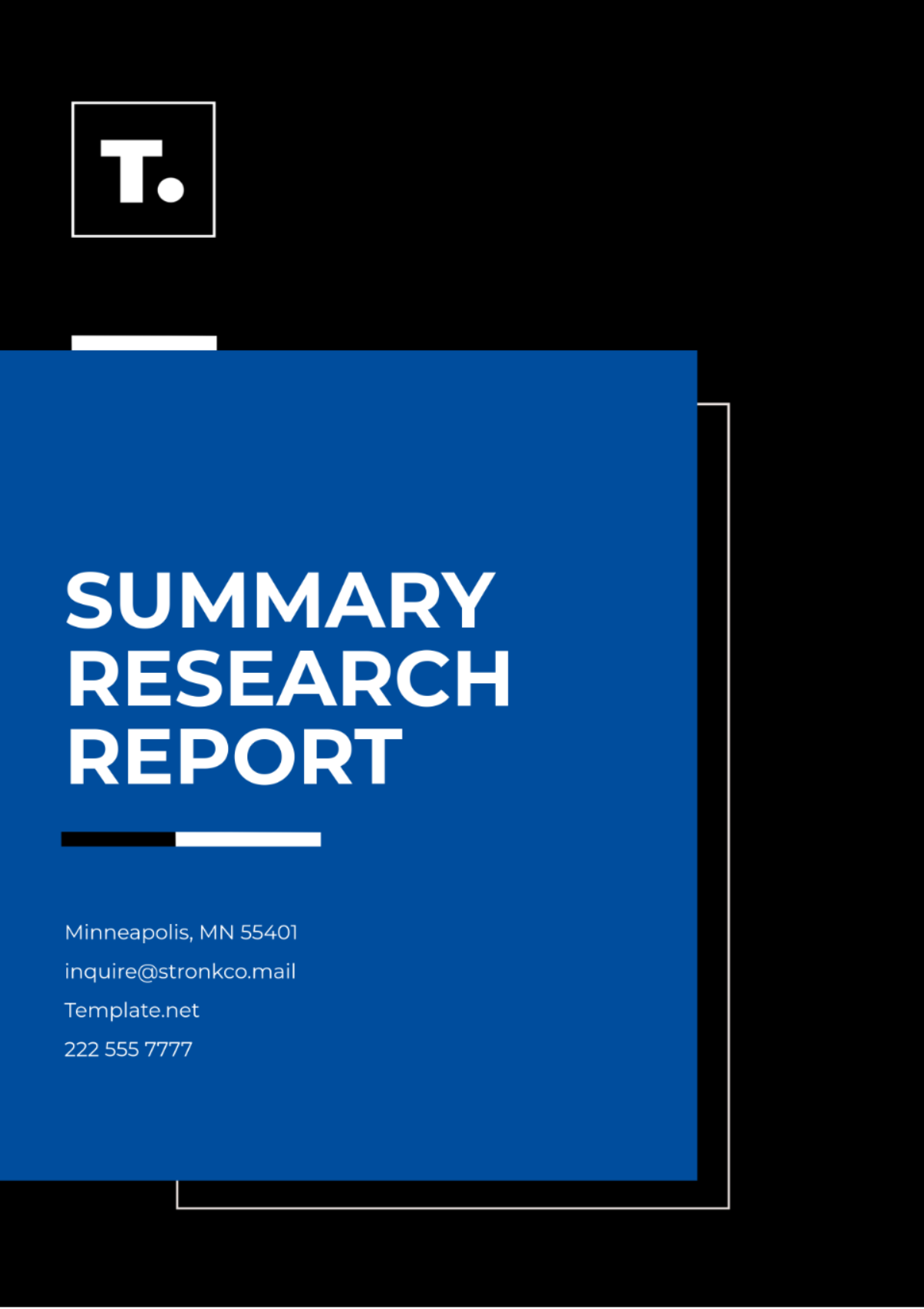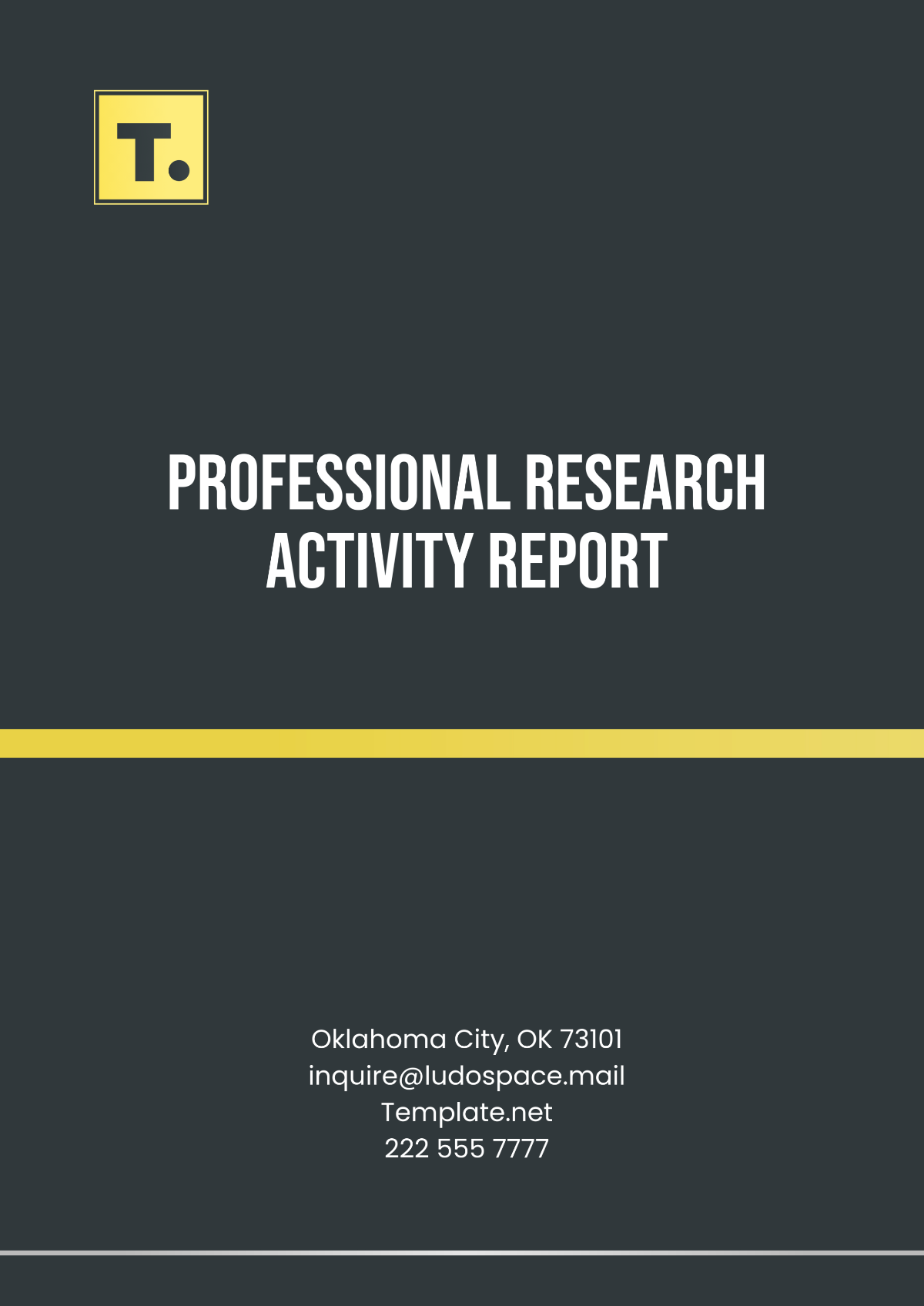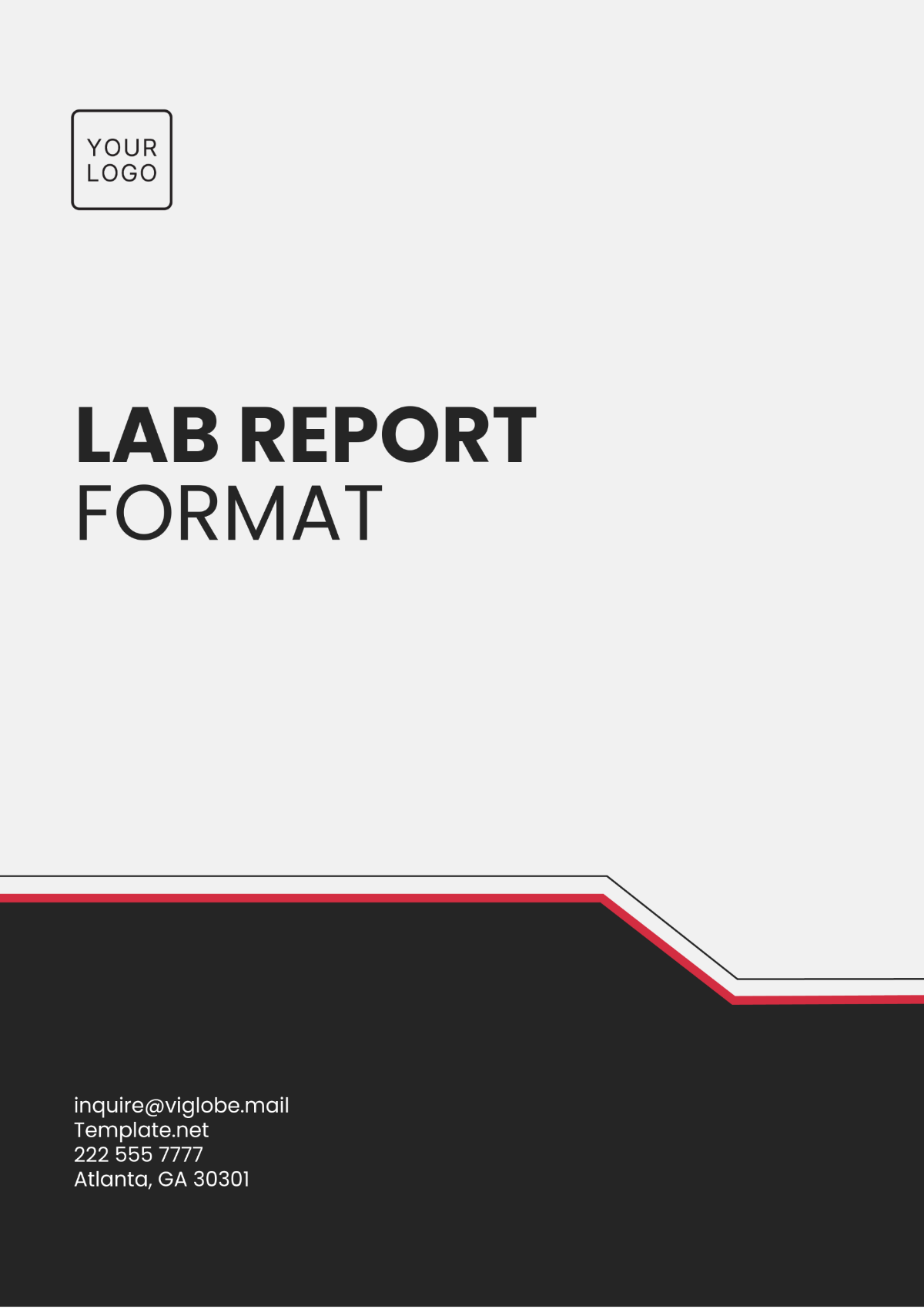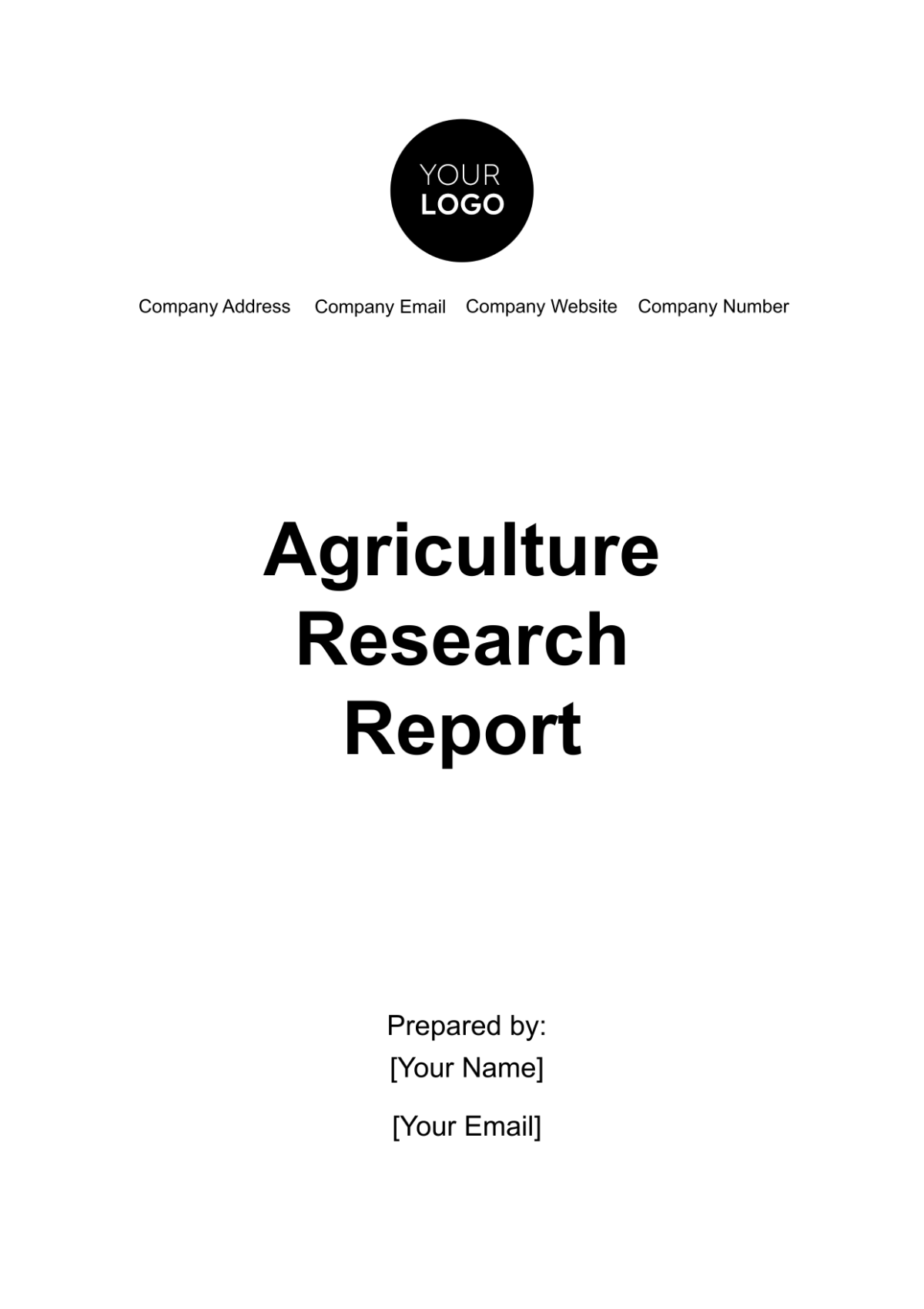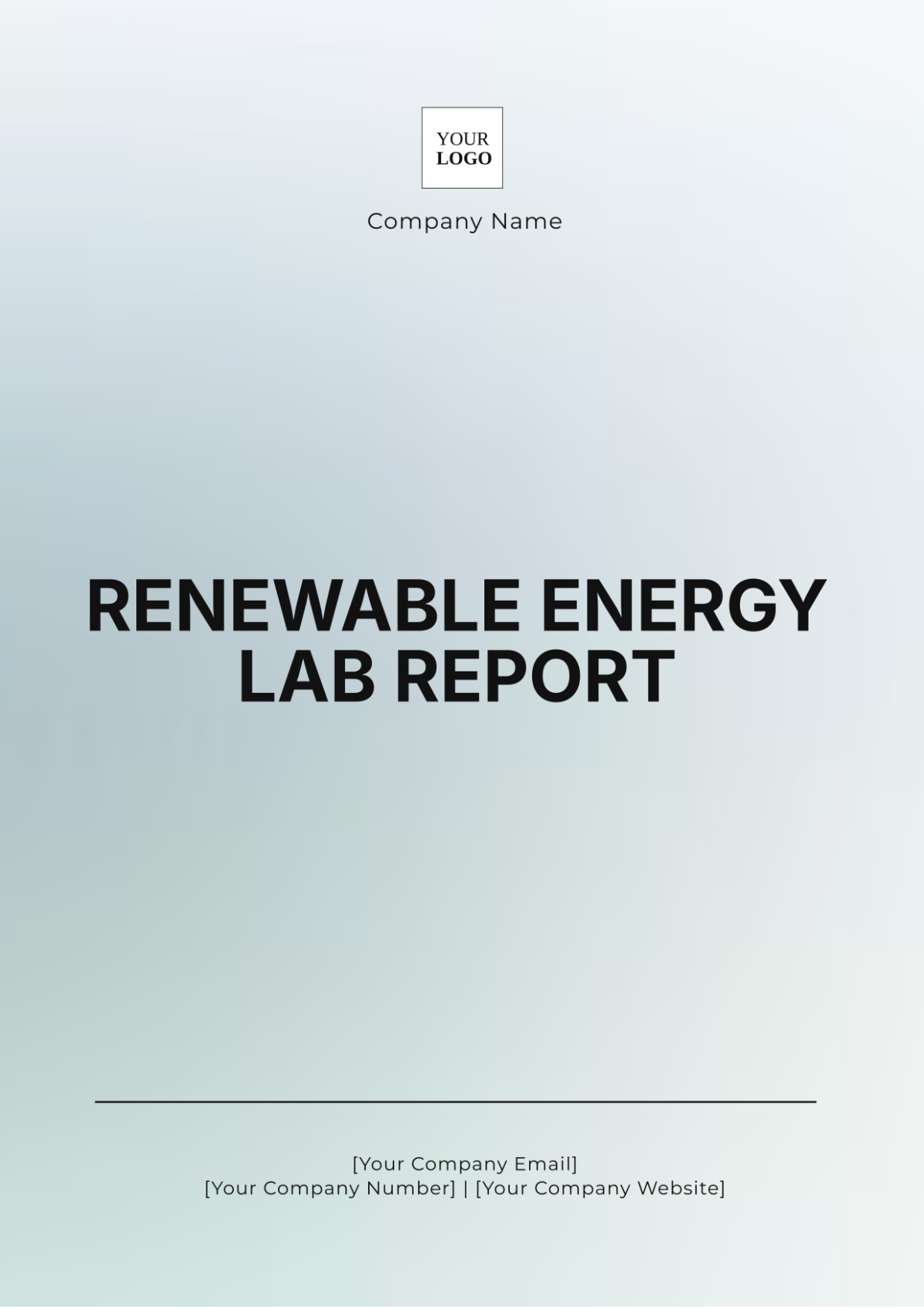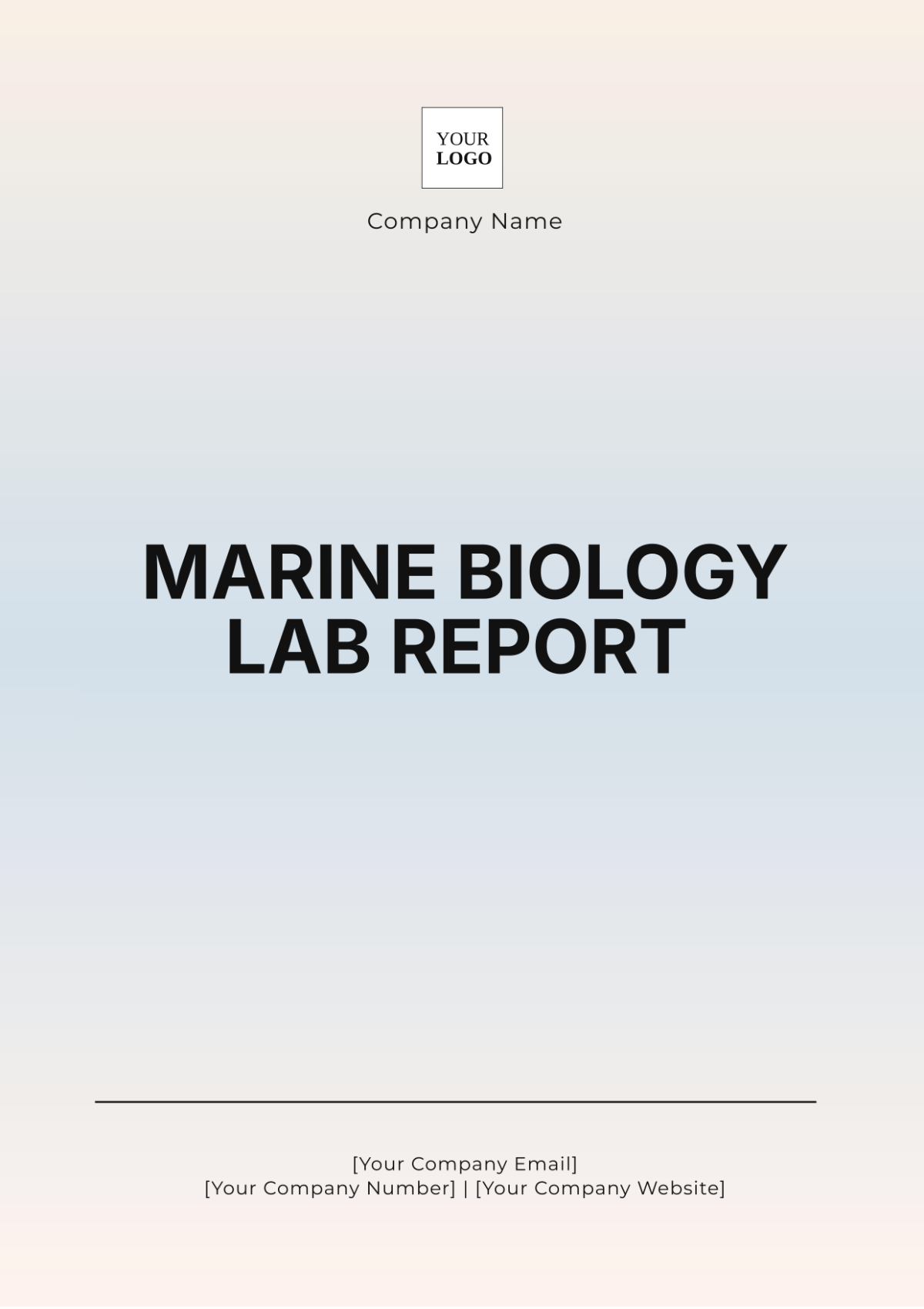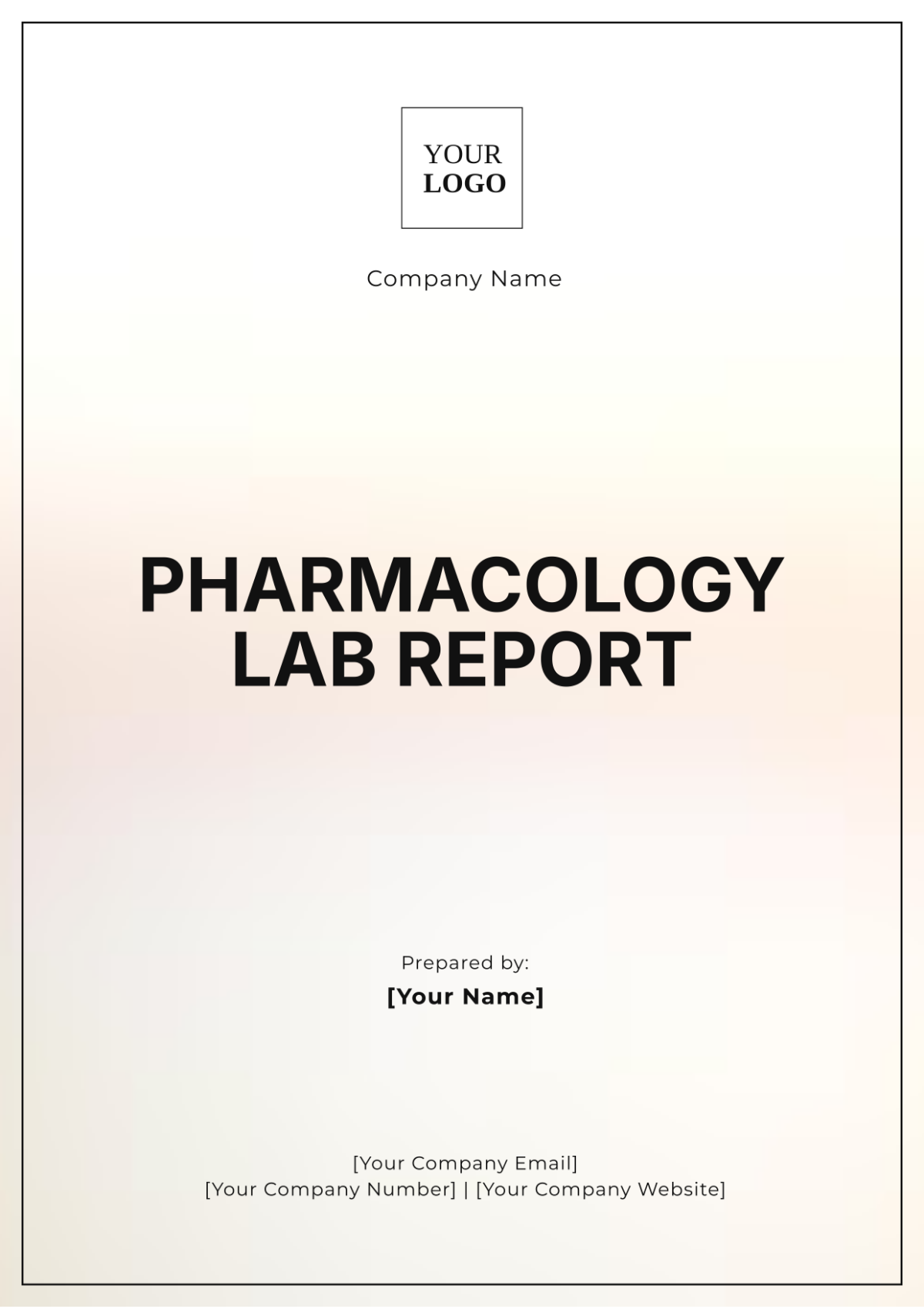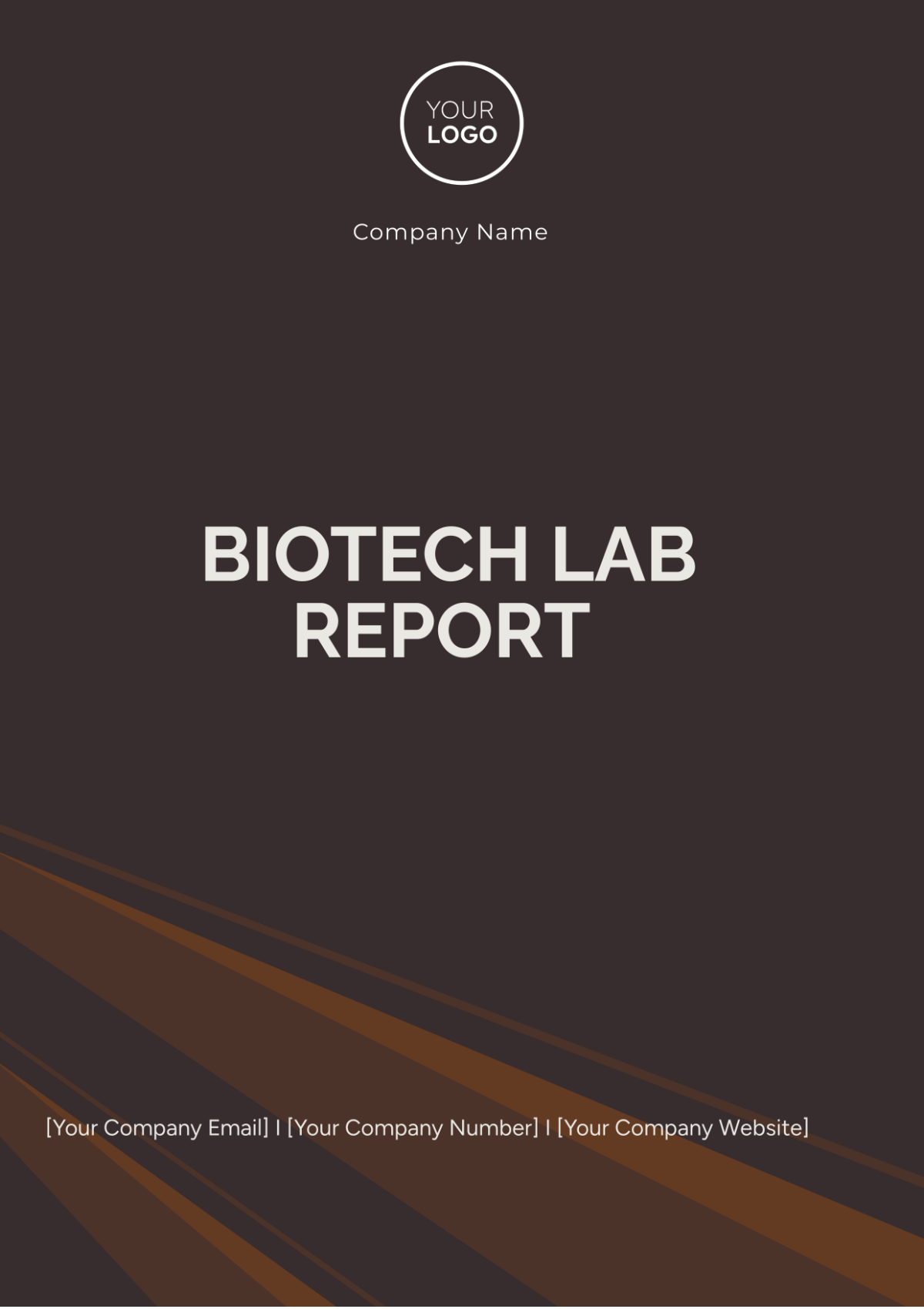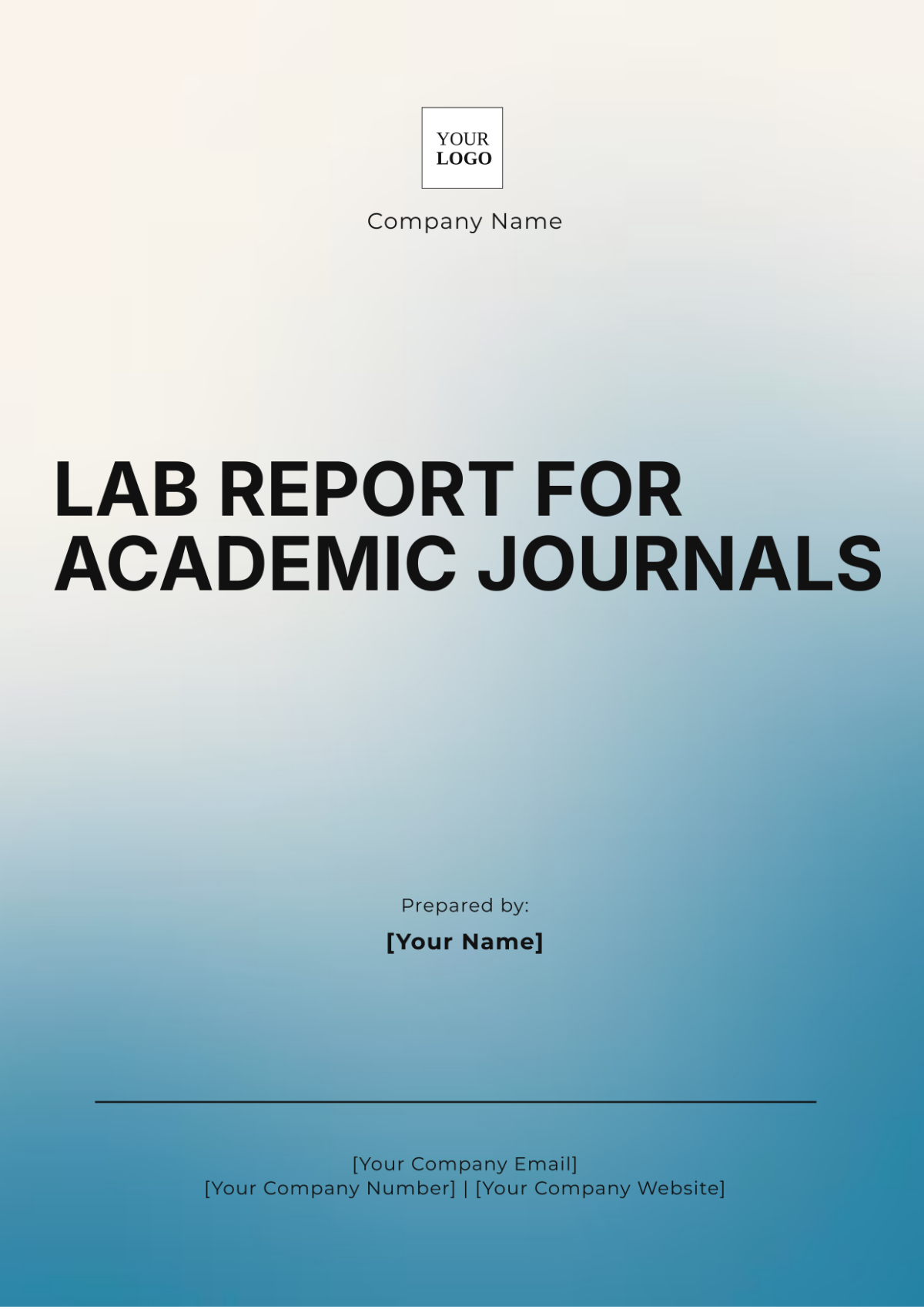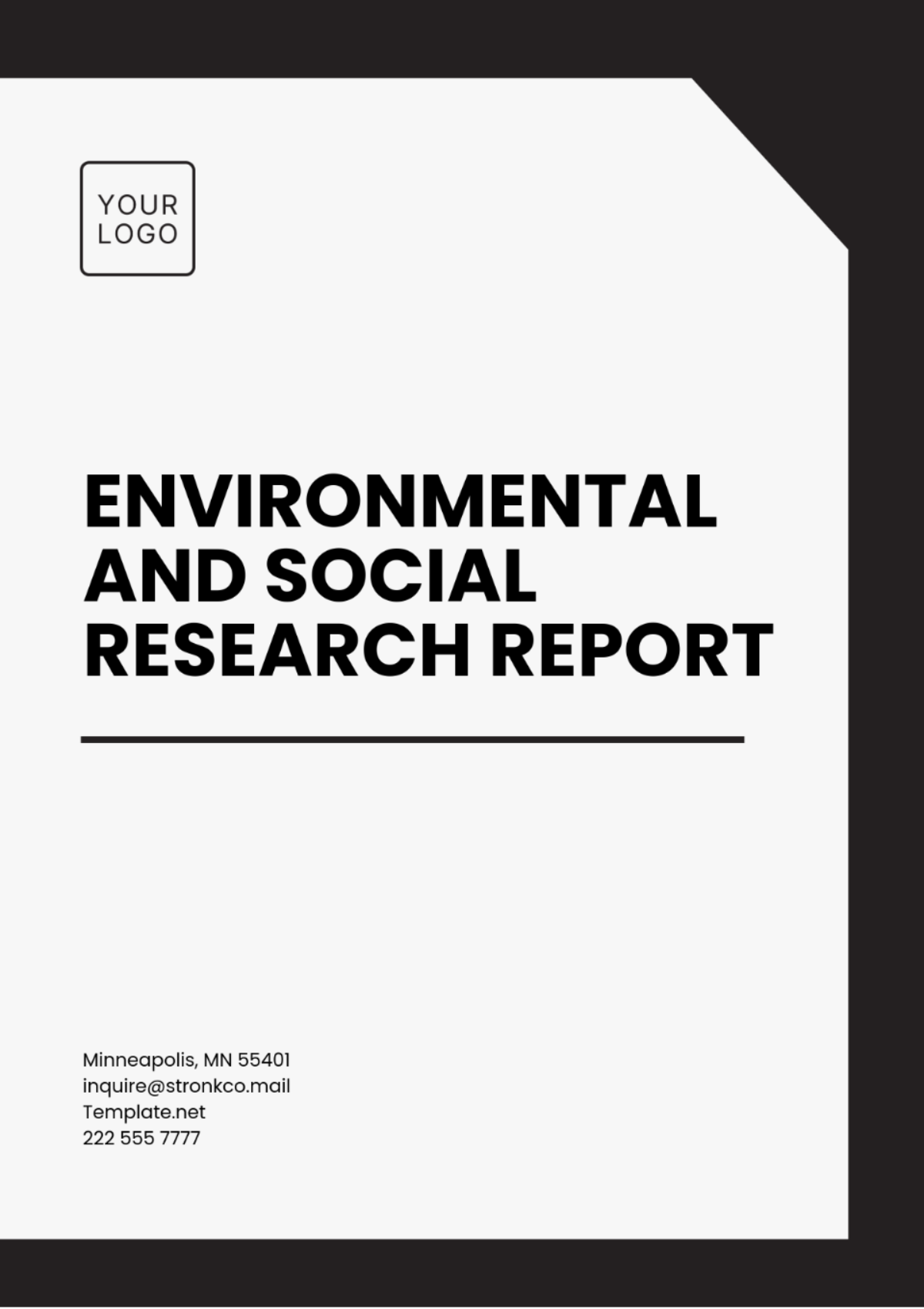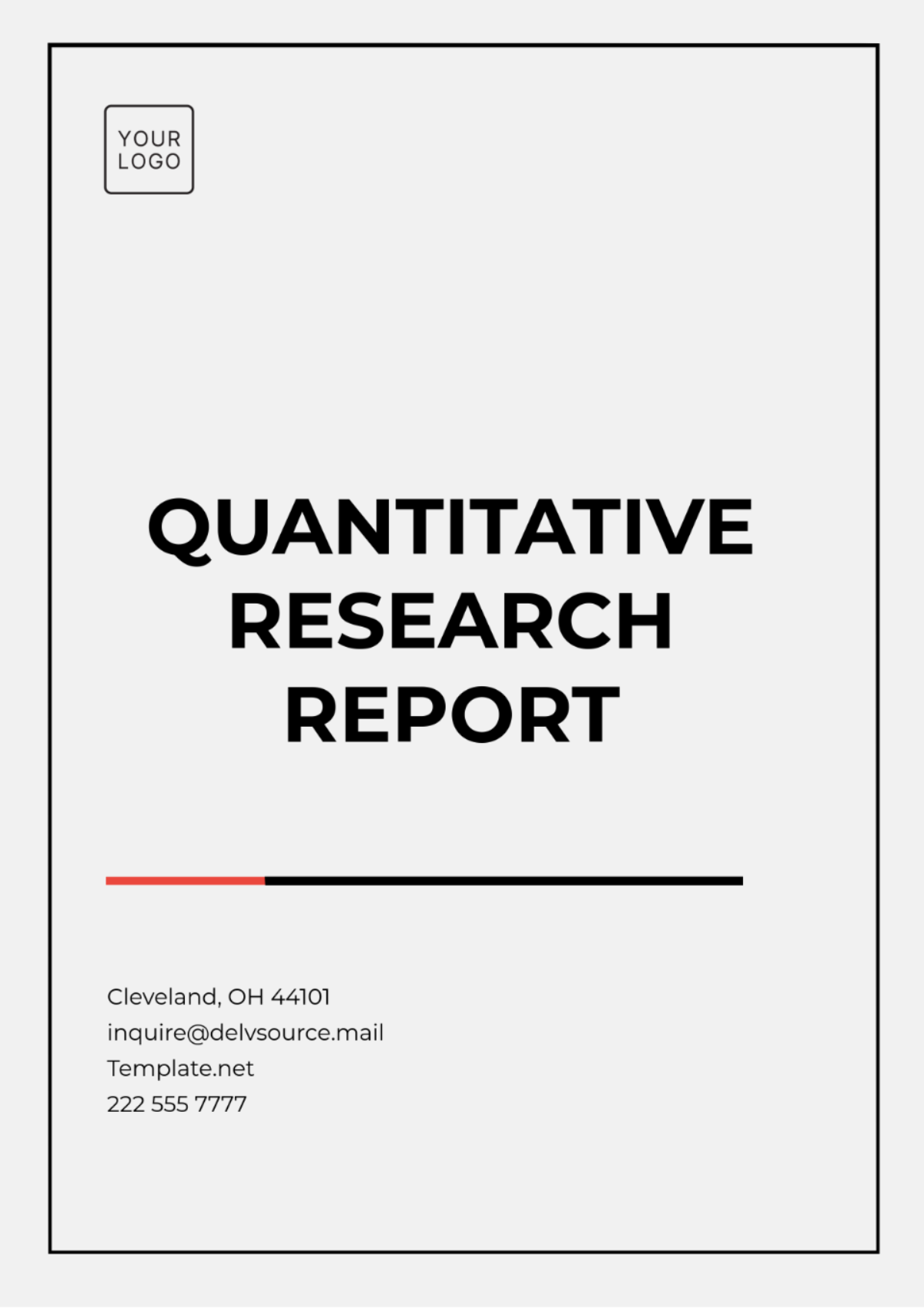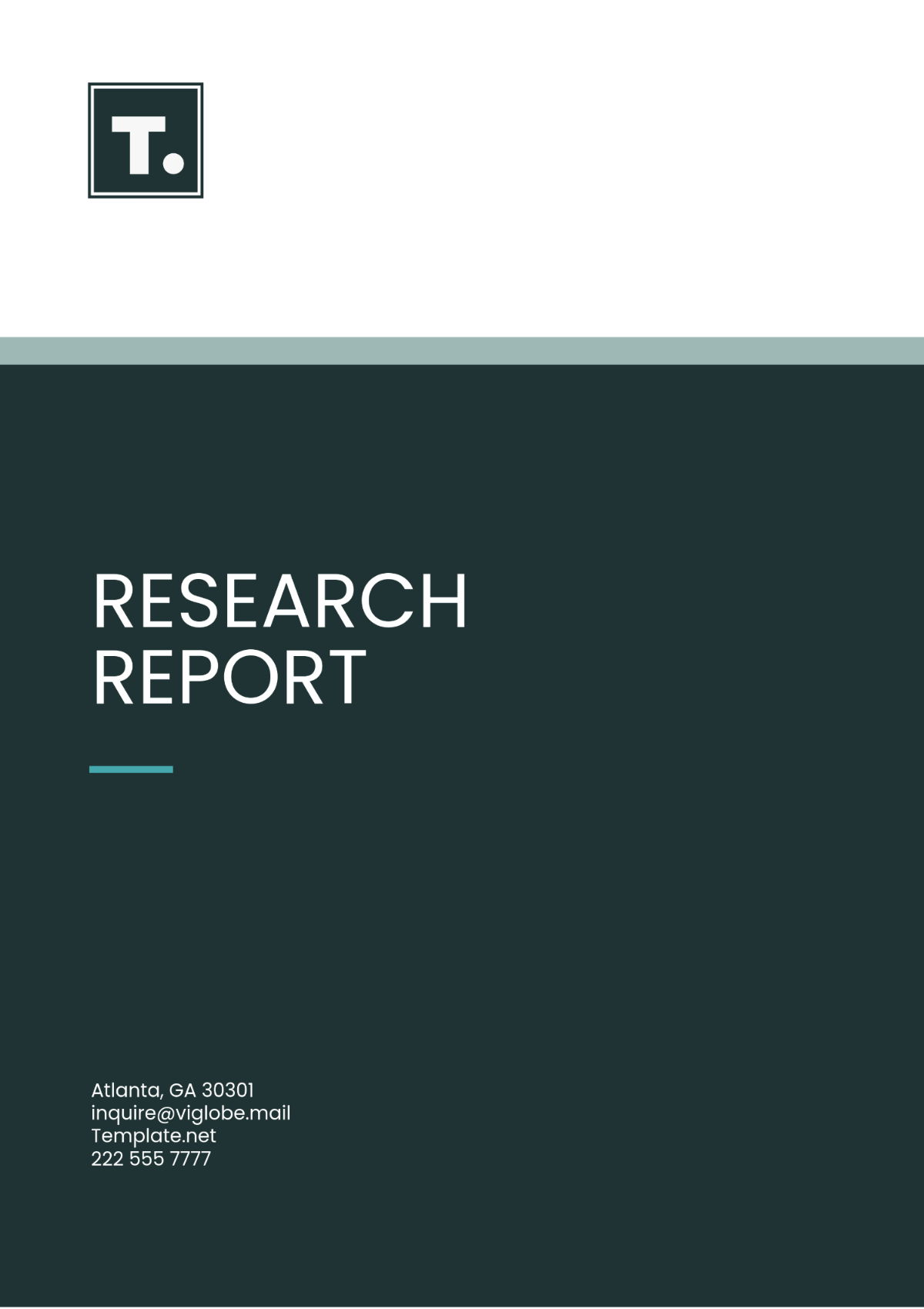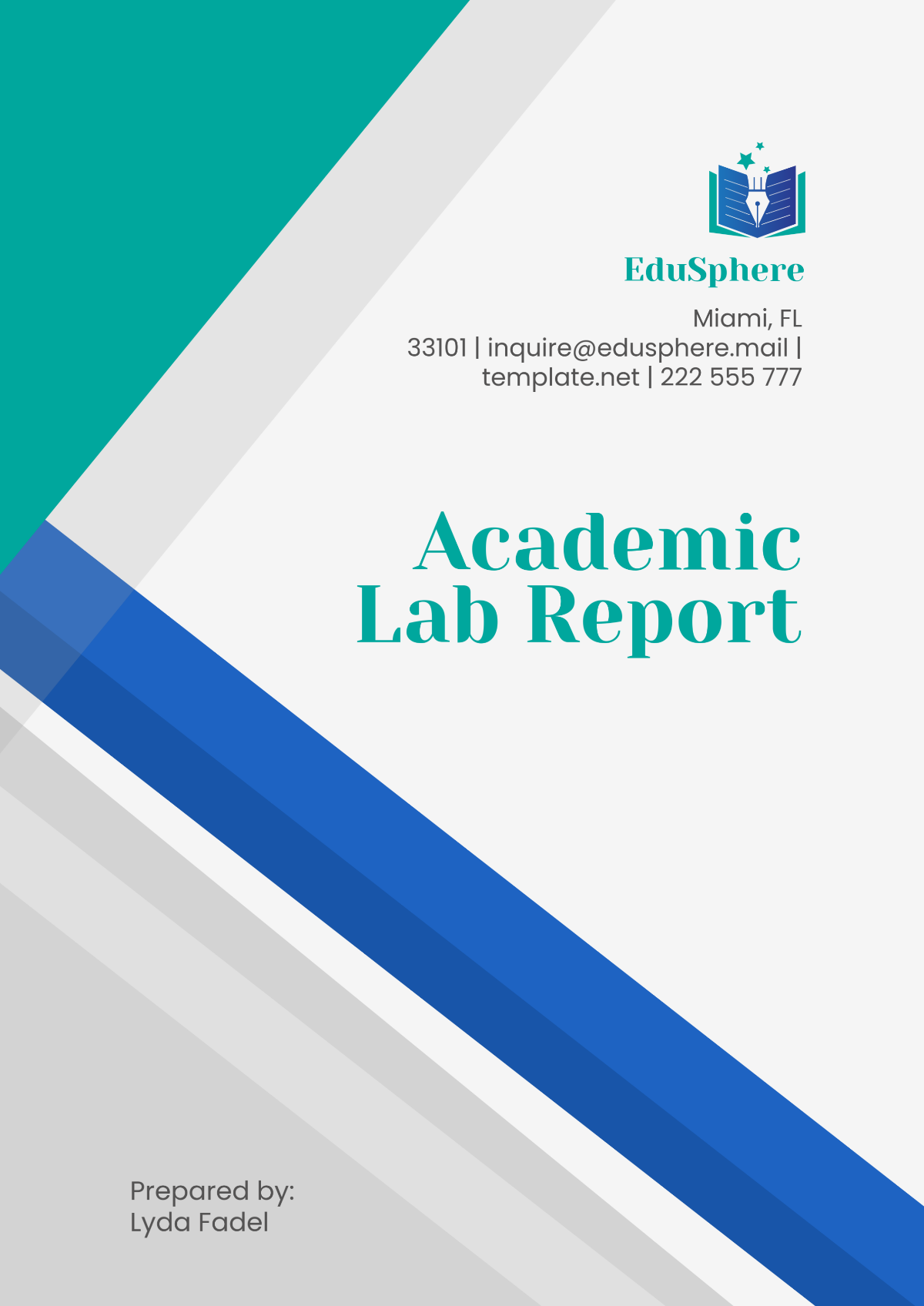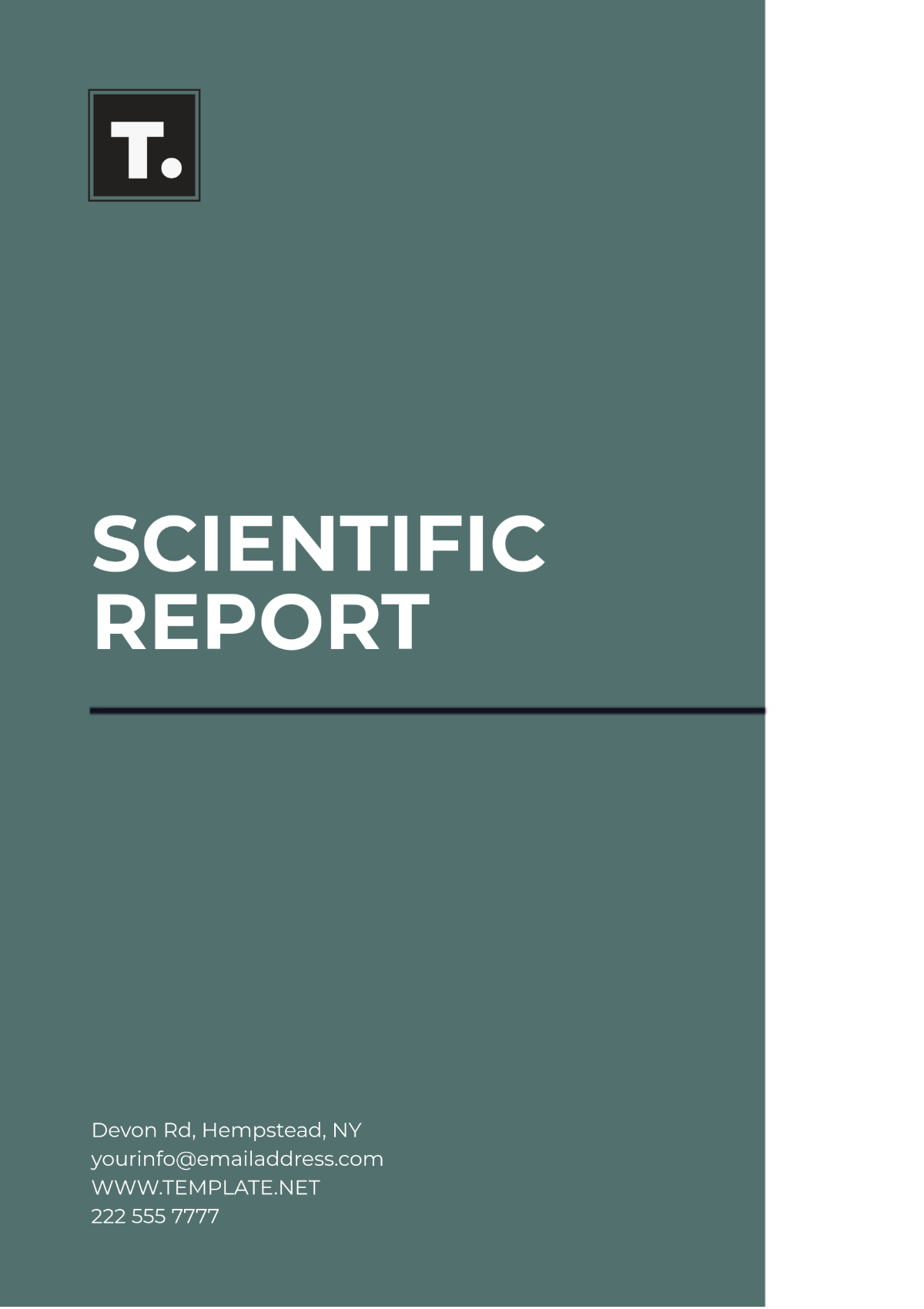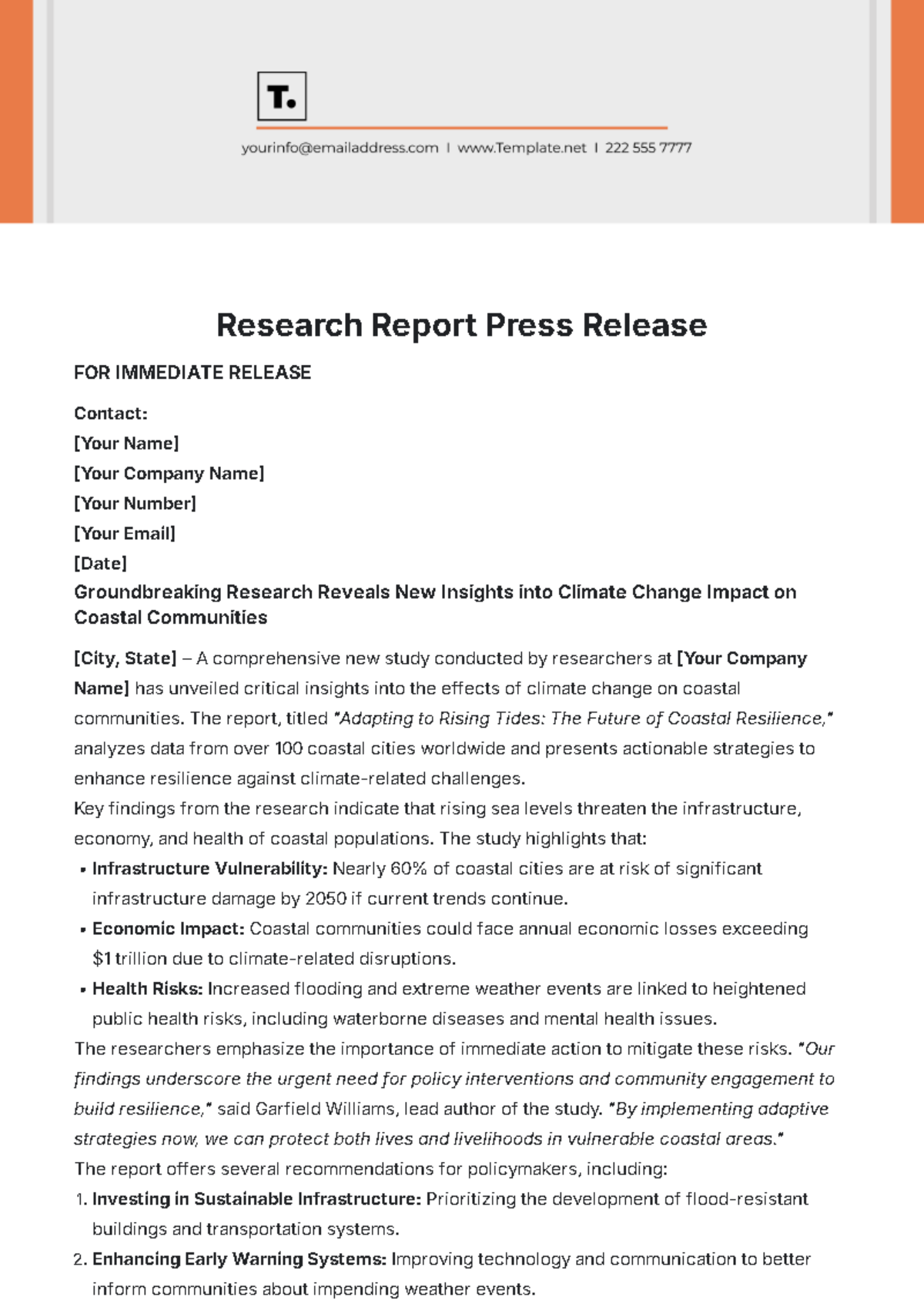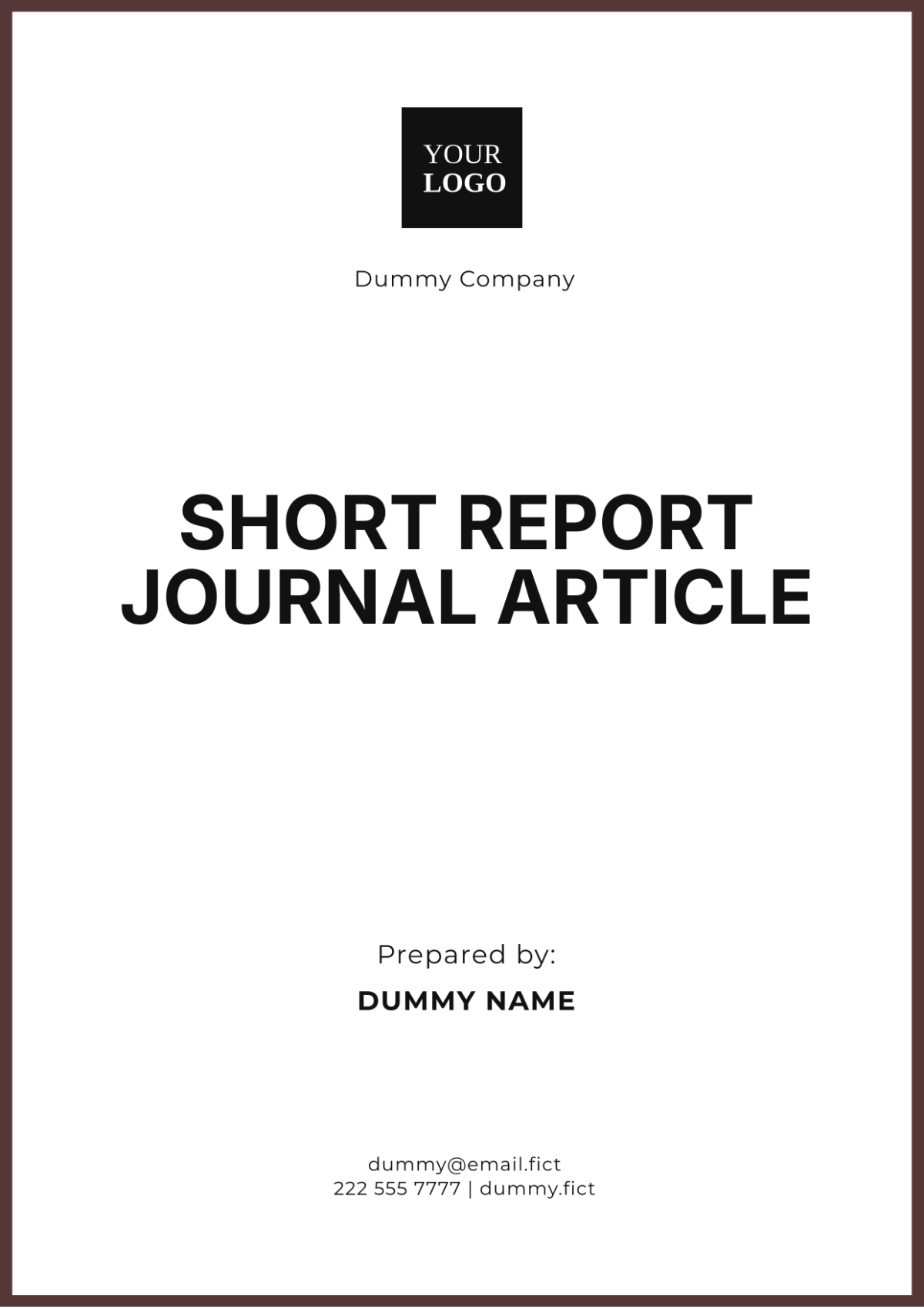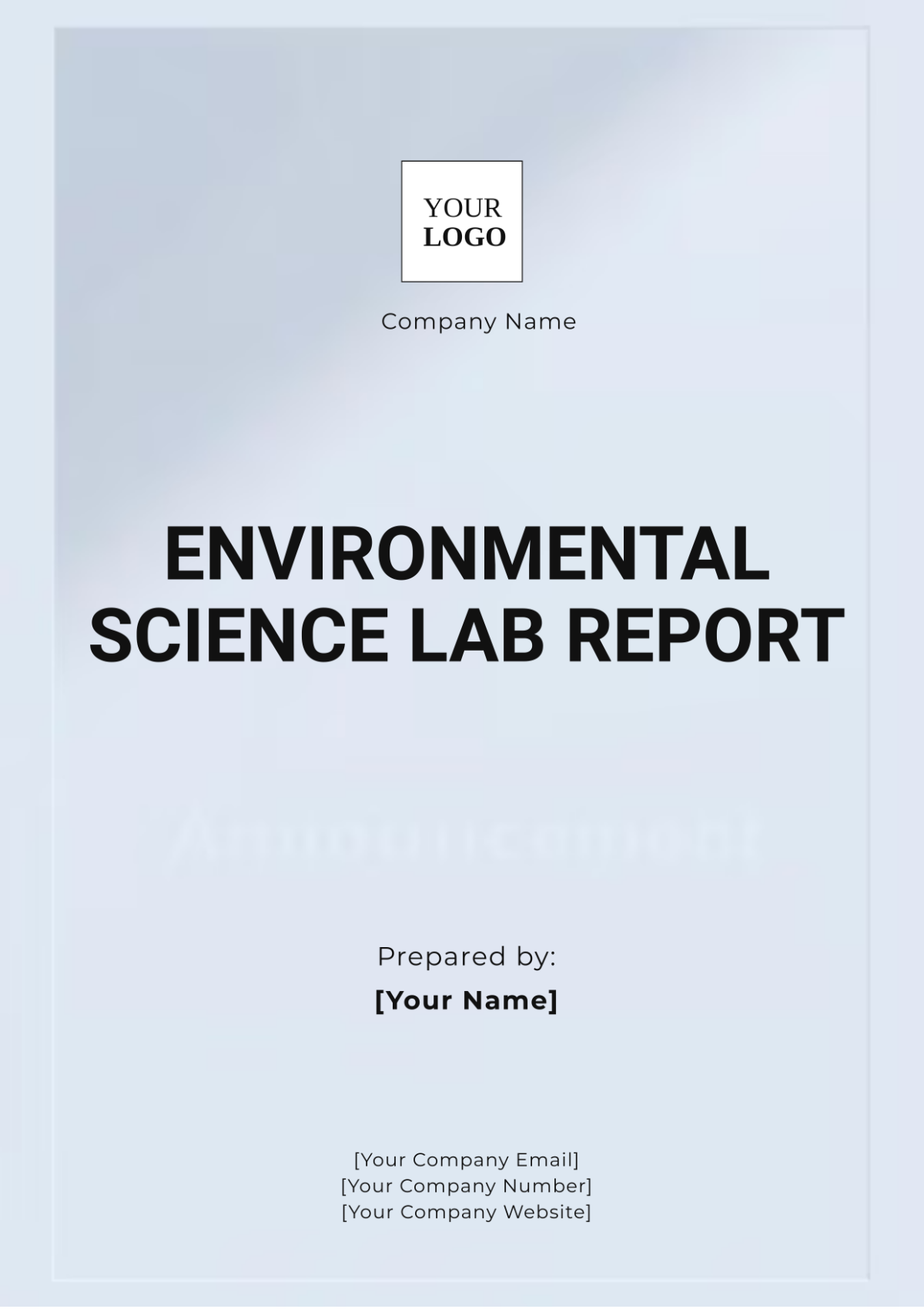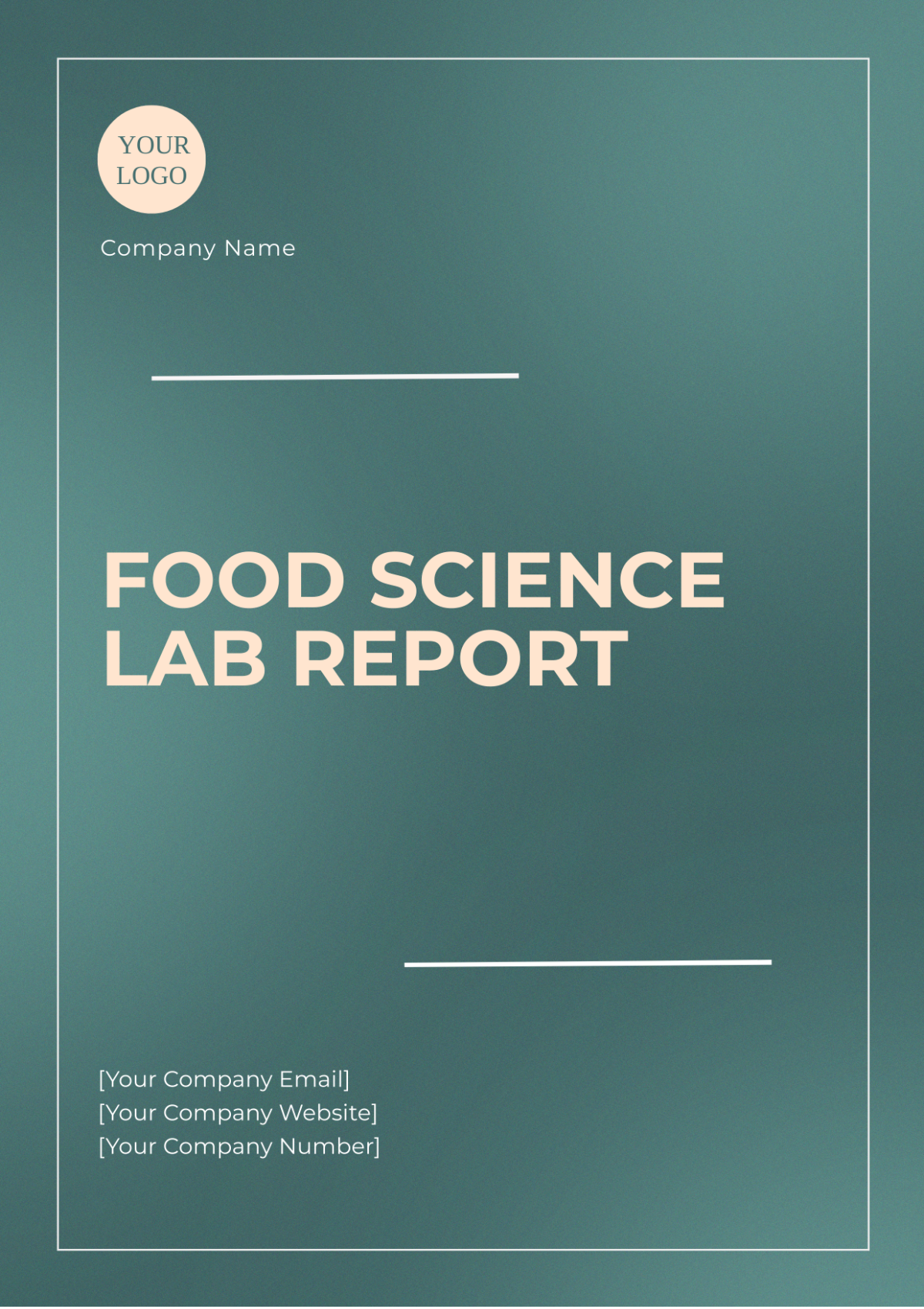Science Experiment Lab Report
Submitted by: [Your Name]
Grade: [Grade Level]
Subject: Science
Date: [Date]
I. Abstract
This experiment explores the influence of temperature on the rate of enzyme activity using the enzyme catalase found in potato cells. Catalase catalyzes the decomposition of hydrogen peroxide (H2O2) into water (H2O) and oxygen (O2), and the rate of oxygen production serves as an indicator of enzyme activity. By conducting the experiment at different temperatures, we aim to understand how temperature affects the efficiency of enzyme-catalyzed reactions.
II. Introduction
Enzymes are biological catalysts that play a crucial role in accelerating chemical reactions in living organisms. The rate of enzyme activity is influenced by various factors, including temperature. Understanding the effect of temperature on enzyme activity is essential for elucidating the biochemical processes underlying biological functions.
III. Materials and Methods
A. Materials
Fresh potato
Hydrogen peroxide (H2O2)
Water bath or hot plate
Test tubes
Test tube rack
Graduated cylinder
Stopwatch
B. Experimental Procedure
Prepare a water bath at three different temperatures: room temperature (25°C), 40°C, and 60°C.
Cut a small piece of potato and blend it with water to create a potato extract.
Pour 10 ml of hydrogen peroxide into each of three labeled test tubes.
Add 1 ml of potato extract to each test tube.
Place the test tubes in the respective water baths and start the stopwatch.
Record the time it takes for the formation of a visible foam or gas bubbles in each test tube.
Repeat the experiment three times for each temperature and calculate the average time for foam formation.
IV. Results
The following table summarizes the average time taken for foam formation at each temperature:
Temperature (°C) | Average Time for Foam Formation (seconds) |
|---|---|
25 | 60 |
40 | 40 |
60 | 20 |
V. Discussion
The results of this experiment highlight the significant impact of temperature on the rate of enzyme activity. At lower temperatures, enzyme activity is sluggish, resulting in longer times for foam formation as observed in the test tubes. This phenomenon can be attributed to reduced molecular motion and collisions between enzyme molecules and substrate molecules at lower temperatures, leading to fewer successful enzyme-substrate interactions.
As the temperature increases, enzyme activity accelerates due to higher molecular motion and enhanced collision frequency between enzyme and substrate molecules. This results in shorter times for foam formation, indicating a higher rate of enzyme-catalyzed reaction. The increase in reaction rate with temperature is consistent with the principles of chemical kinetics, which state that reaction rates generally increase with temperature due to the greater kinetic energy of molecules.
These findings underscore the delicate balance between temperature and enzyme activity. Understanding this relationship is crucial for various applications, including enzymology, biotechnology, and pharmaceuticals. By optimizing temperature conditions, scientists can enhance the efficiency of enzyme-catalyzed reactions and develop innovative solutions for a wide range of biological and industrial processes.
VI. Conclusion
In conclusion, the experiment illustrates the effect of temperature on the rate of enzyme activity. By manipulating temperature conditions and measuring the resulting enzyme activity, we can better understand the factors that influence enzymatic reactions. This knowledge has important applications in various fields, including medicine, biotechnology, and food science.
VII. References
Berg, Jeremy M., John L. Tymoczko, and Lubert Stryer. Biochemistry. 5th edition, W.H. Freeman and Company, 2002.
Campbell, Neil A., et al. Biology. 11th edition, Pearson, 2016.
Lodish, Harvey, et al. Molecular Cell Biology. 4th edition, W.H. Freeman and Company, 2000.
Nelson, David L., and Michael M. Cox. Lehninger Principles of Biochemistry. 7th edition, W.H. Freeman and Company, 2017.
